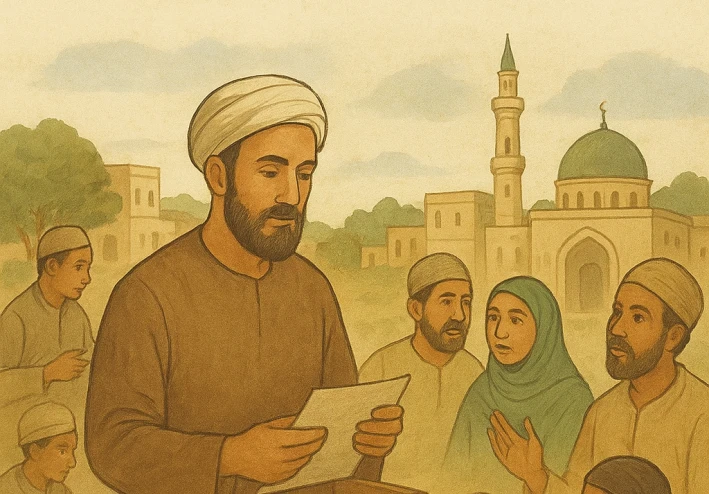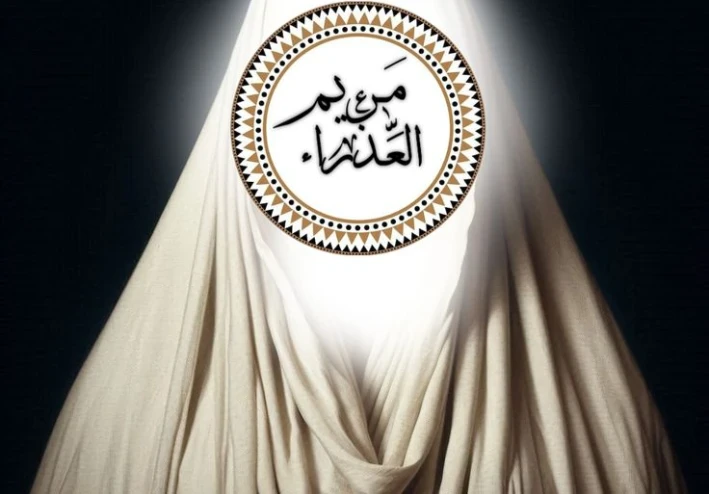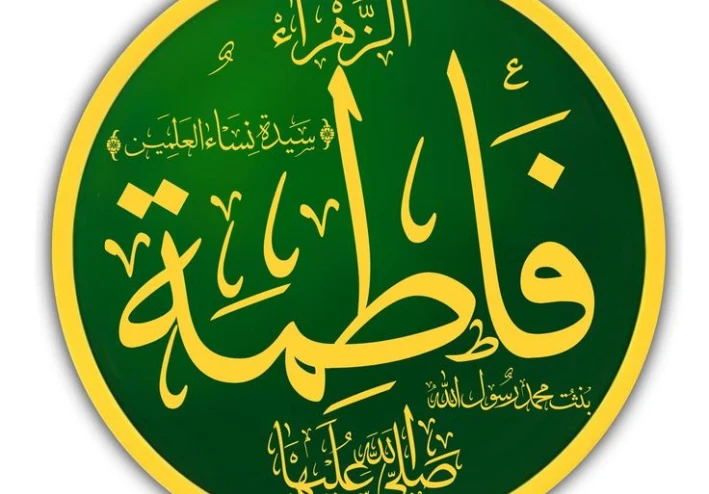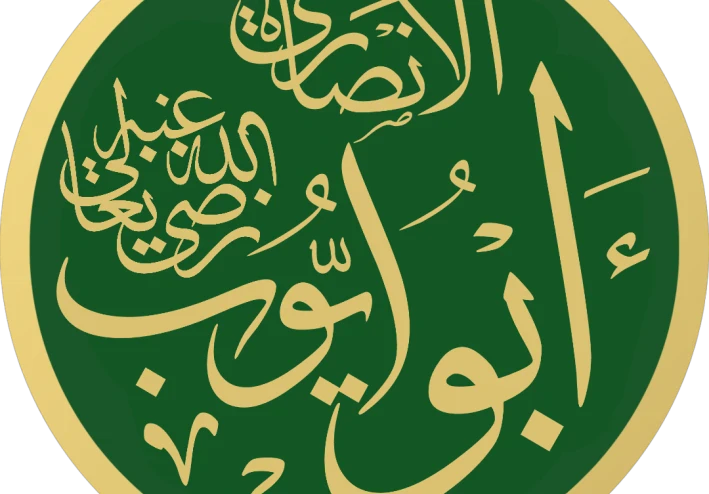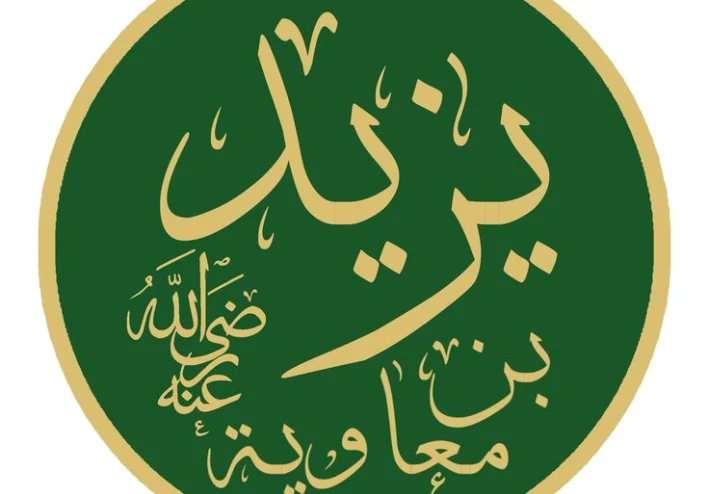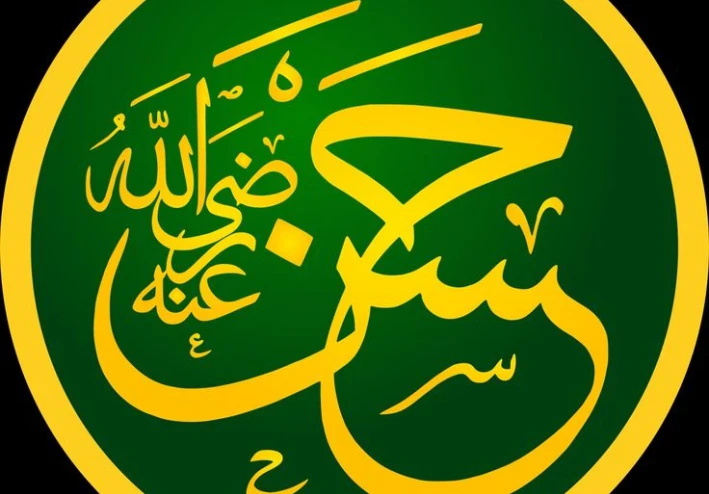The Covenant of the Steward-President'%3E%3Ccircle%20cx='40'%20cy='60'%20r='28'%20fill='%23f6c85f'/%3E%3Crect%20x='90'%20y='18'%20width='220'%20height='84'%20rx='10'%20fill='%2302485c'/%3E%3Ctext%20x='200'%20y='65'%20font-size='16'%20font-family='sans-serif'%20text-anchor='middle'%20fill='%23ffffff'%3EJustice%20and%20Quality%20Accountability%3C/text%3E%3C/g%3E%3C/svg%3E)
In the heart of a green valley stood Madinah al-Amana, a city whose name meant "the city of trust." When the elders chose a president to steward the public trust, they did so not for pomp but for covenant: the leader would be a steward (khalīfah) over people and rights, bound to inspect, to answer, and to return what was entrusted. The story begins in a season when drought tested the city's granaries and, with them, the honesty of every office. The president, Shaykh Harith, wore the simple cloak of a servant and carried a single wooden box of papers wherever he walked—accounts, inspection reports, petitions—so that no one could say he had hidden responsibility in the palace while others suffered.
Shaykh Harith believed that quality accountability was not an external punishment but an inner discipline that restored trust. He established the Majlis al-Fahis, a council of diverse inspectors drawn from engineers, teachers, women, farmers, and imams. Each inspector swore an oath not to flatter nor to fear, to measure not by the ledger alone but by the lived realities of people. Their inspections were called "unique" because they were carved to fit the city's needs: surprise visits to wells at dawn, silent reviews of schoolbooks taken home by students, audits of seed distribution done by watching a harvest season rather than only reading receipts. These were not mere audits; they were acts of care.
The first inspection that changed hearts concerned the granary stores. A ledger showed sufficient grain, yet hunger persisted in the eastern quarter. The inspectors followed a thin trail of crumbs—small bribes, diverted sacks, a ledger entry in a different ink—and discovered a trusted official siphoning supplies to private traders. Shaykh Harith did not shout in the market. He convened the council, presented the findings, and allowed the accused to speak in clear daylight, with witnesses beside him. The punishment matched the wrongdoing: the official returned the value to the granary, worked alongside farmers to repay the community, and his salary was redirected to a fund for repairing wells. The city watched a process of accountability that mended more than wallets; it repaired dignity.
Through seasons, the Majlis broadened its scope to include the unseen measures of quality: the safety of bridges, the accuracy of water channels, the fairness of school admissions, and the clarity of sermons preached in the mosque. Shaykh Harith required that every inspection end with two documents: a public summary for the people and a private improvement plan for the office found wanting. The public summary made the work transparent; the improvement plan made the work hopeful. Inspectors learned to write in the language of dignity—calling out faults while mapping paths to repair. This practice humbled the powerful and strengthened the meek, because accountability became a communal craft rather than a brand of shame.
A year passed and a foreign envoy arrived with offers of trade that would flood the markets with coin but also with risks: cheap grain whose quality was uncertain and contracts written in foreign law. The council convened an extraordinary inspection—an appraisal of the proposed terms, the supply chains, and the likely impact on local artisans. The Majlis's report was exacting: the trade would raise short-term wealth but would erode local craft and invite monopolies. Shaykh Harith presented the report openly, refusing both the envoy's flattering gifts and the merchants' promises. He proposed instead a calibrated partnership: a limited import quota, local quality standards enforced by the Majlis, and a development levy to train artisans. The city accepted the plan, and the envoy left with respect for a people who kept quality and justice as their first coin.
In the final chapter of this covenant, the people themselves became inspectors. Children asked questions in the market about where their bread had come from; teachers taught students to read not only words but records; artisans kept visible marks of inspection on their wares. Accountability seeded citizenship. When drought eased and harvests returned, the city did not boast of one righteous leader but of a quiet network of responsible souls. Shaykh Harith stepped down years later, his wooden box lighter but his hands more worn from the fields he had tended alongside others. He left the office not as a conqueror but as a steward who had returned every weightier trust with added care.

